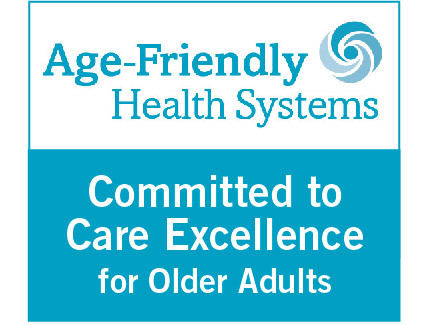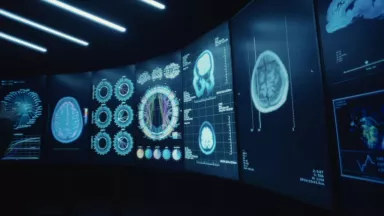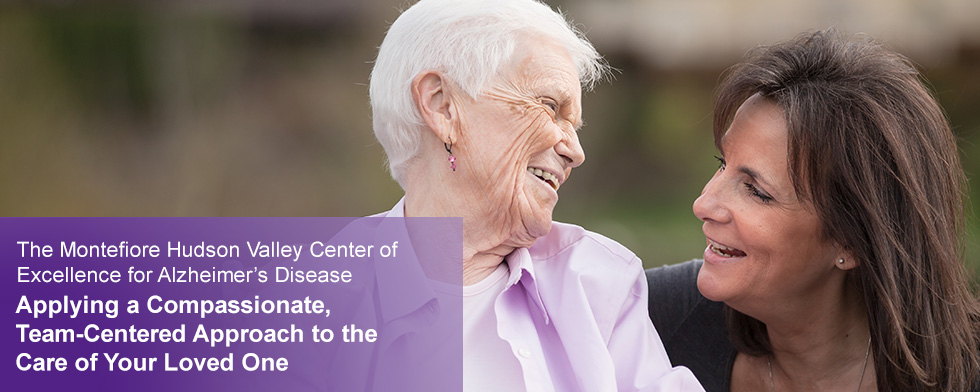Montefiore Hudson Valley Center of Excellence for Alzheimer’s Disease
The Montefiore Hudson Valley Center of Excellence for Alzheimer’s Disease (CEAD) combines the expertise and best-in-class practices of Montefiore Health System’s extensive network of hospitals and physician groups in the Hudson Valley; its acclaimed Montefiore-Einstein Center for the Aging Brain (CAB); and the research and training capabilities of Montefiore’s Albert Einstein College of Medicine.
The CEAD emphasizes comprehensive care for older adults with cognitive complaints. Our evaluation includes examinations by a team of specialists, including neurologists, geriatricians, neuropsychologists, geriatric psychiatrists and social workers. It incorporates assessment, treatment, counseling, education and assistance with community-based services for individuals with Alzheimer’s disease and related dementias, their caregivers and their families.
The CEAD is one of ten Alzheimer’s Disease Centers of Excellence supported in part by a grant from the New York State Department of Health in an ambitious program to expand knowledge about Alzheimer’s disease and related dementias and improve access to screening, diagnosis and clinical trial opportunities for patients; referrals to community-based support services for patients and their caregivers; and training programs for providers and health professions students in all clinical disciplines.
The CEAD serves patients from any part of the State or country, but it has a special commitment to the seven counties of the Hudson Valley region: Westchester, Rockland, Putnam, Dutchess, Sullivan, Orange and Ulster.

We are proud that the CEAD has been recognized as an Age-Friendly Health System. An Age-Friendly Health System is one in which every older adult's care is guided by the 4 M’s:
- What Matters: Consider each patient’s health goals and care preferences.
- Mobility: Maintain mobility and function.
- Medication: Reduce side effects of drugs that can affect mobility, mentation and what matters.
- Mentation: Focus on delirium and dementia and depression.
For more information on the services of the Montefiore-Einstein Center for the Aging Brain, click here.
For more information about the Saul R. Korey Department of Neurology at the Albert Einstein College of Medicine, click here.


